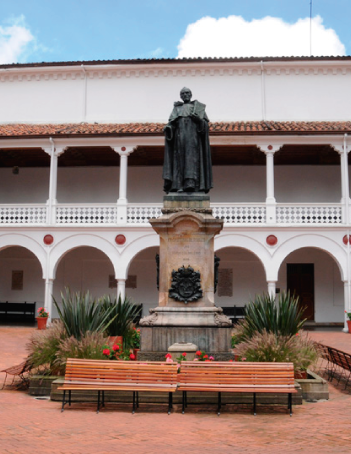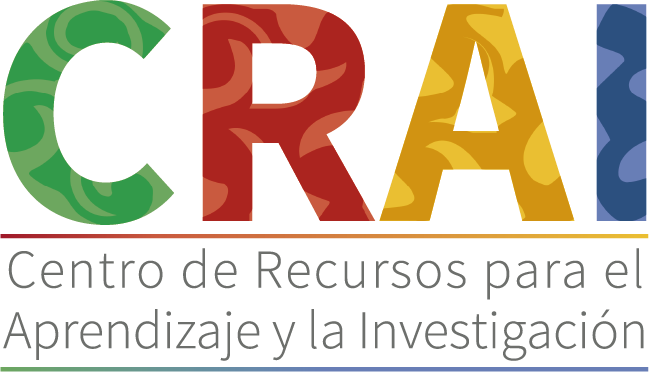Introduction : the meaning of Murambi
Rewriting history in post-genocide Rwanda
From violent repression to political domination : transitional justice, political reform and development
Political reform in three Rwandan communities
Popular narratives of memory and history
Politics by other means : popular opinion about "transitional justice"
"We pretend to live together" : assessing the impact of transitional justice mechanisms in Rwanda
Introduction: The meaning of Murambi -- Part I. Creating What You Are Afraid of the Rwandan Patriotic Front's Transitional Justice Program -- Rewriting history in post-genocide Rwanda -- Symbolic struggles -- Justice as memory -- From violent repression to political domination : transitional justice, political reform and development -- Part II. Popular Narratives -- Political reform in three Rwandan communities -- Popular narratives of memory and history -- Politics by other means : popular opinion about "transitional justice" -- Conclusion: "We pretend to live together" : assessing the impact of transitional justice mechanisms in Rwanda
"Following times of great conflict and tragedy, many countries implement programs and policies of transitional justice, none more extensive than in post-genocide Rwanda. Placing Rwanda's transitional justice initiatives in their historical and political context, this book examines the project undertaken by the post-genocide government to shape the collective memory of the Rwandan population, both through political and judicial reforms but also in public commemorations and memorials. Drawing on over two decades of field research in Rwanda, Longman uses surveys and comparative local case studies to explore Rwanda's response both at a governmental and local level. He argues that despite good intentions and important innovations, Rwanda's authoritarian political context has hindered the ability of transnational justice to bring the radical social and political transformations that its advocates hoped. Moreover, it continues to heighten the political and economic inequalities that underline ethnic divisions and are an important ongoing barrier to reconciliation"--Provided by publisher

Escuela de administración
Facultad de Jurisprudencia
Facultad de Ciencias
Escuela de Ciencias
Escuela de Medicina
Facultad de Economía
Facultad de Estudios
Facultad de Creación
Escuela de Ingeniería,
Otras Ofertas
 Historia y símbolos
Historia y símbolos
 Enfoque estratégico
Enfoque estratégico
 Gobierno universitario
Gobierno universitario
 Playbok - Nuestros pilares de transformación
Playbok - Nuestros pilares de transformación
 Protocolo de seguridad
Protocolo de seguridad
 Archivo histórico
Archivo histórico
 Portafolio de becas, descuentos y apoyo financiero
Portafolio de becas, descuentos y apoyo financiero
 Casa UR
Casa UR






 Proyección social
Proyección social Filantropía
Filantropía Hagámoslo posible
Hagámoslo posible

 Libro
Libro







